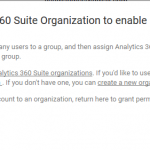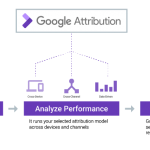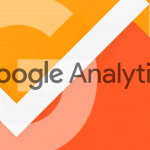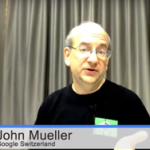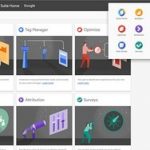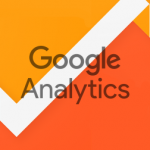Google Pulls Online, Offline Survey Data Into Analytics 360
by Laurie Sullivan@lauriesullivan, October 19, 2016
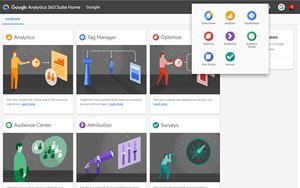
Google has offered a survey product since 2012, but the latest version, announced Wednesday, integrates with its Analytics 360 Suite and adds a function that enables marketers to target specific surveys to groups of users who previously were exposed to certain content about products or services, according to the company.
Think market research. Marketers could use the tool to help with product development or to judge the impact of branded content or a campaign. The data is tied in with performance and analytics data, Dylan Lorimer, product manager of Analytics Solutions and Measurement at Google, explains in a blog post.
Available now in the U.S. and parts of Canada, the platform aims to help marketers with attribution and campaigns that extend across platforms. As mobile continues to change the consumer journey through the buying process, per Google, the shift affects the outcome of campaigns and projects.
The idea is to provide rapid access to data and findings, design the survey and decide who should take it. Respondents answer questions in exchange for incentives. Google Surveys 360, previously called Google Consumer Surveys, supports a panel of more than 5 million online respondents and one million surveys fielded weekly that offers marketers access to a new layer of data and insights into consumer behavior.
Marketers can use the platform to connect brand marketing to performance marketing and measure the integration of offline and online campaigns, such as the consumer response to TV ads. The platform can ask questions about TV ad recall during and after broadcasts, then follow up with questions on topics such as intent and favorability.
The targeting is really the smarts. Google is helping marketers reach customers that were exposed to the TV ad. Demographics are provided–inferred on the Web and declared on app–tapping into Google’s advertising technology, DoubleClick.
Google says marketers can combine the TV recall data with modeling and analysis to gain a clear picture of marketing performance. During the 2016 Summer Olympics, Google executed this strategy to determine which ads were noticed by the audience, which ads drove interest, and which ads drove consumer responses.
MediaPost.com: Search Marketing Daily
(21)

